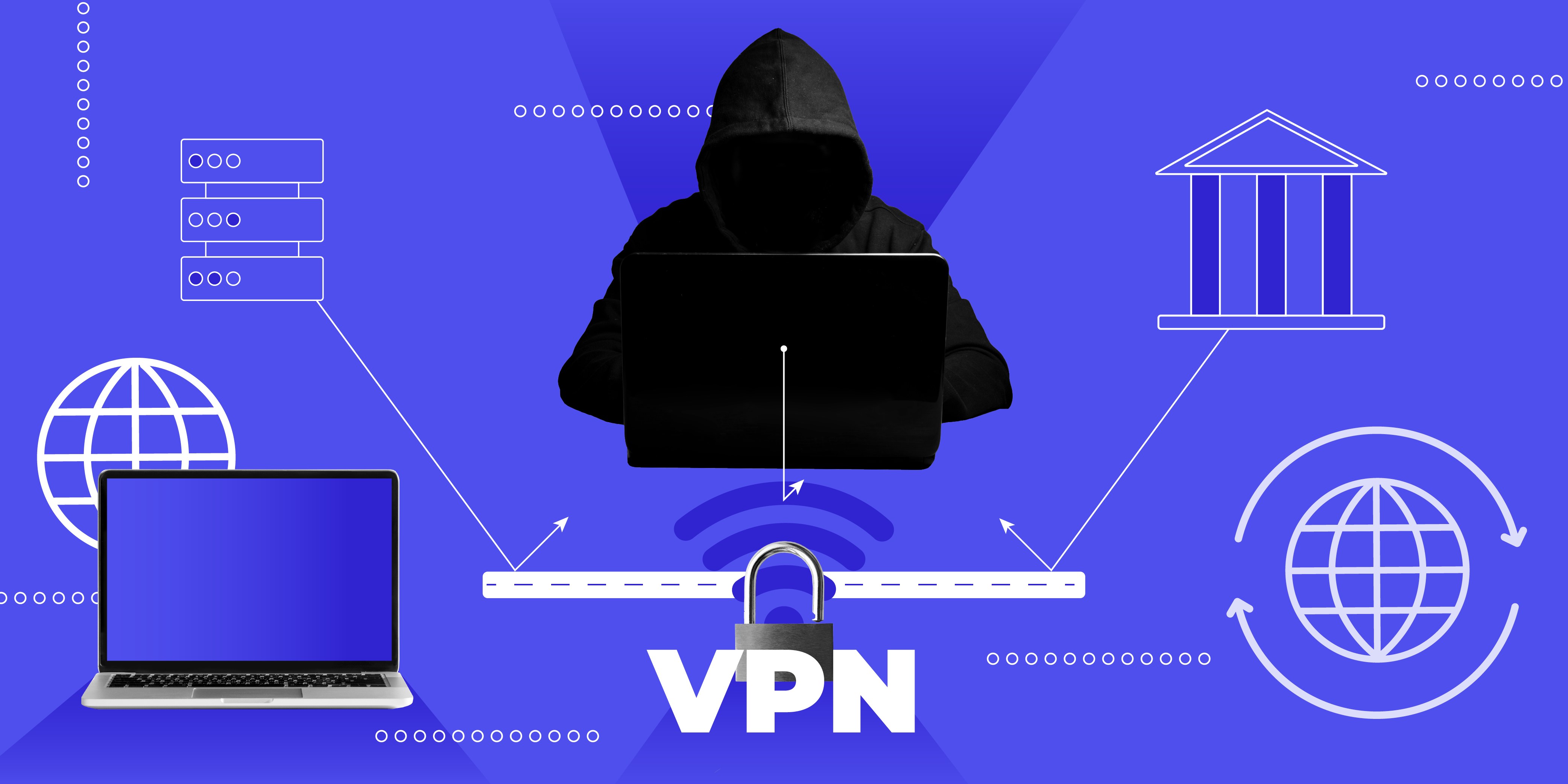The Importance of Online Privacy and Security in 2024
In today’s digital age, where our lives are increasingly conducted online, the need for privacy and security has never been more critical. Whether it’s safeguarding personal data, bypassing geo-restrictions, or preventing cyber threats, using a Virtual Private Network (VPN) has become an essential tool for internet users worldwide. This article explores why you should use a VPN in 2024, backed by the latest data and statistics.
1. Protecting Your Online Privacy
The Rise of Data Collection
In 2024, data has become one of the most valuable commodities. Companies, governments, and cybercriminals are all vying for access to your personal information. From browsing history to location data, your online activities are constantly being monitored, tracked, and collected.
- Data Collection Statistics: According to a study by Statista, the global data volume is expected to reach 149 zettabytes by 2024, a massive increase from 59 zettabytes in 2020. A significant portion of this data comes from individuals’ online activities, making your personal information more vulnerable than ever.
- Privacy Concerns: A 2023 survey by Pew Research Center revealed that 81% of Americans feel they have very little or no control over the data collected about them by companies. This widespread concern highlights the need for tools like VPNs to safeguard personal information.
How a VPN Protects You
A VPN encrypts your internet connection, making it nearly impossible for third parties to intercept or monitor your online activities. This encryption protects your data from being accessed by hackers, ISPs (Internet Service Providers), and even government agencies.
2. Securing Your Data on Public Wi-Fi
The Dangers of Public Wi-Fi
Public Wi-Fi networks, such as those found in cafes, airports, and hotels, are notoriously insecure. Cybercriminals can easily exploit vulnerabilities in these networks to steal sensitive information like passwords, credit card details, and personal emails.
- Cybersecurity Statistics: In 2023, Norton reported that 33% of consumers have experienced a security issue while using public Wi-Fi. This includes being hacked, having personal information stolen, or being subjected to phishing attacks.
- Cost of Cybercrime: According to Cybersecurity Ventures, global cybercrime damages are predicted to hit $10.5 trillion annually by 2025. This staggering figure underscores the importance of taking proactive measures to protect your data.
How a VPN Protects You
When you connect to a VPN, it creates a secure tunnel for your data, even on public Wi-Fi networks. This means that even if a hacker intercepts your connection, the encrypted data will be unreadable, effectively safeguarding your personal information.
3. Bypassing Geo-Restrictions and Censorship
The Growing Issue of Geo-Blocking
Geo-restrictions are limitations imposed by websites and streaming services that restrict access to content based on your geographic location. Whether it’s streaming services like Netflix or accessing certain websites while traveling abroad, geo-blocking can be a frustrating barrier.
- Streaming Statistics: In 2024, the global streaming market is projected to reach $124.57 billion, according to Grand View Research. However, 75% of streaming services implement some form of geo-restriction. This means that users in certain regions cannot access the same content as those in other parts of the world.
- Censorship Statistics: The Freedom on the Net 2023 report by Freedom House found that nearly 60% of the global population lives in countries where authorities impose censorship and surveillance on internet users.
How a VPN Helps
A VPN allows you to change your IP address, making it appear as though you are browsing from a different location. This can help you bypass geo-restrictions and access content that would otherwise be unavailable in your region. Additionally, VPNs can help users in censored regions access the free and open internet.
4. Preventing ISP Throttling
Understanding ISP Throttling
Internet Service Providers (ISPs) often engage in a practice known as throttling, where they intentionally slow down your internet speed based on your online activities. This is particularly common when streaming videos, gaming, or engaging in other bandwidth-intensive activities.
- Throttling Statistics: A 2023 study by Measurement Lab (M-Lab) found that 30% of internet users worldwide have experienced ISP throttling. This can significantly degrade the quality of streaming, gaming, and other online experiences.
- Net Neutrality: With the rollback of net neutrality regulations in various countries, ISPs have more freedom to prioritize certain types of traffic, making throttling more common.
How a VPN Helps
A VPN hides your online activities from your ISP by encrypting your internet traffic. This prevents ISPs from detecting what you’re doing online and reduces the likelihood of throttling, leading to a smoother, faster internet experience.
5. Enhancing Online Security
The Growing Threat of Cyberattacks
Cyberattacks have become increasingly sophisticated and widespread, targeting both individuals and organizations. From ransomware to phishing schemes, the internet is rife with threats that can compromise your security and lead to significant financial losses.
- Cyberattack Statistics: According to a report by Check Point Research, cyberattacks increased by 38% in 2023 compared to the previous year. This trend shows no signs of slowing down in 2024.
- Ransomware Impact: The 2023 Verizon Data Breach Investigations Report indicated that ransomware attacks accounted for 25% of all breaches, with the average ransom payment exceeding $1 million.
How a VPN Protects You
A VPN acts as a first line of defense against cyber threats by masking your IP address and encrypting your data. This makes it much more difficult for cybercriminals to target you with attacks like phishing, ransomware, or other forms of cybercrime.
Conclusion
As we navigate the digital landscape of 2024, the need for a VPN has never been more apparent. Whether you’re concerned about privacy, security, or simply want to access the full range of content available online, a VPN offers a comprehensive solution. The data and statistics clearly show the growing risks and challenges associated with online activities, making it essential to protect yourself with a reliable VPN service. By using a VPN, you can take control of your online experience, ensuring your data remains private, your connections secure, and your access unrestricted.

